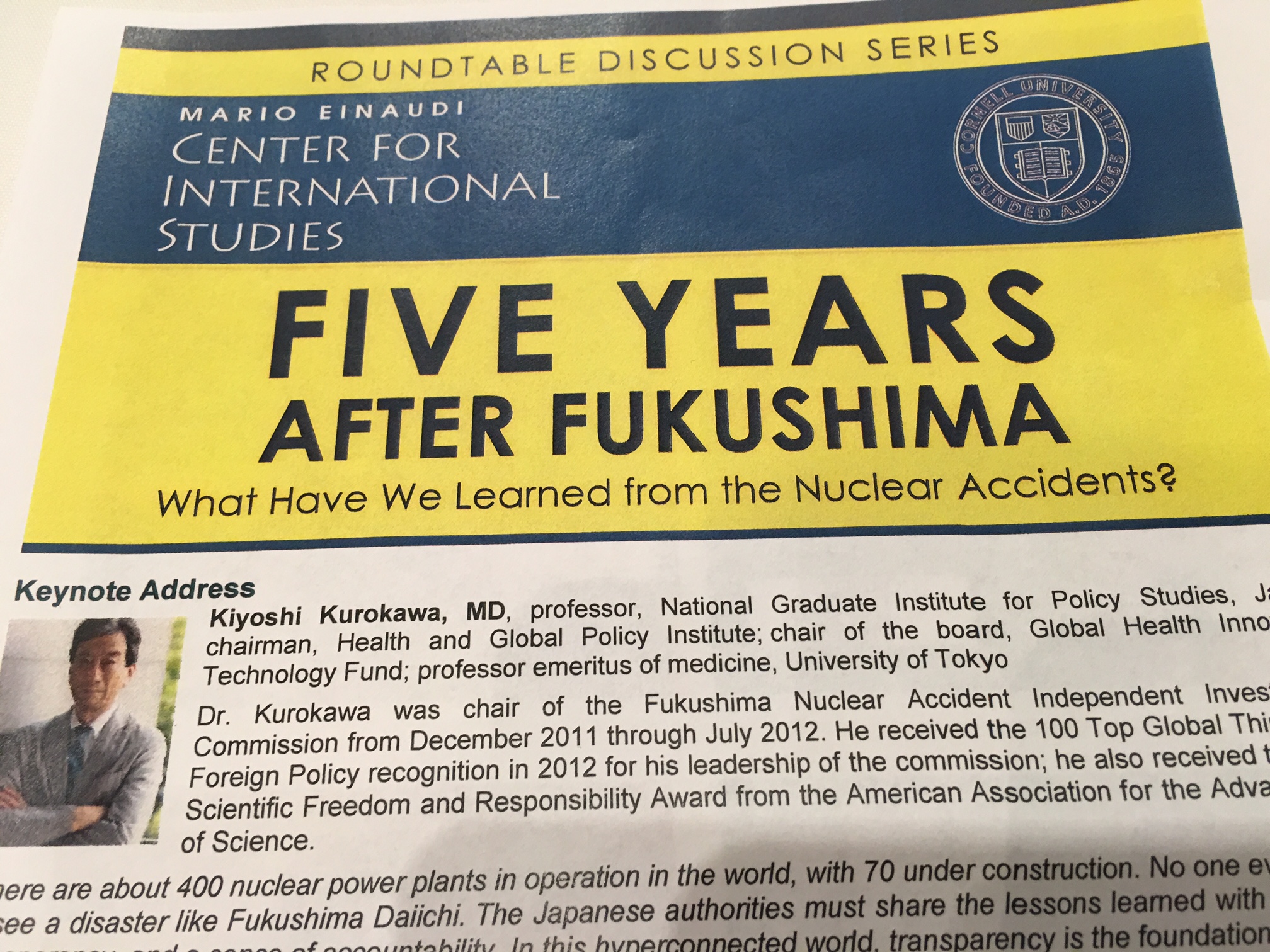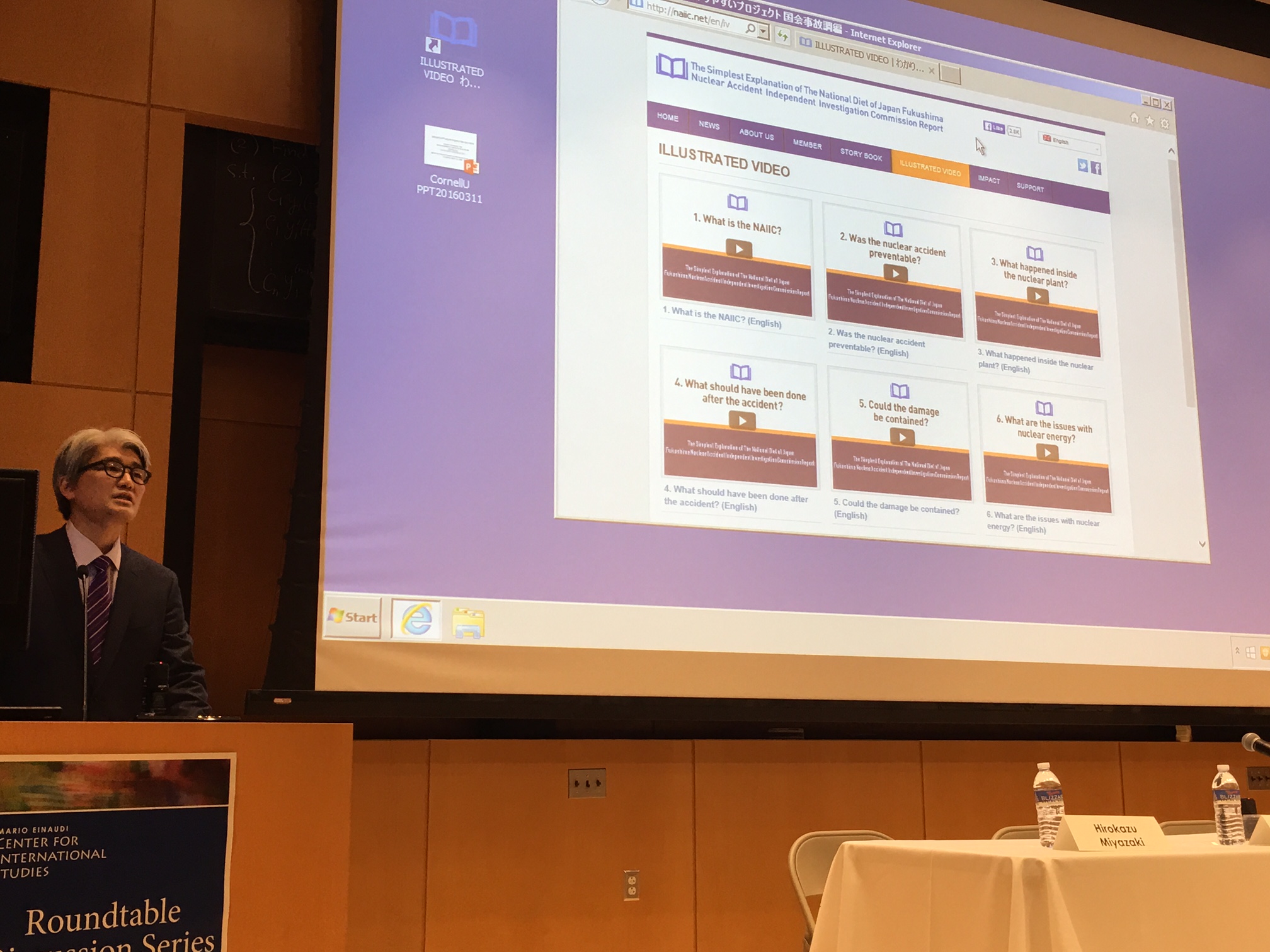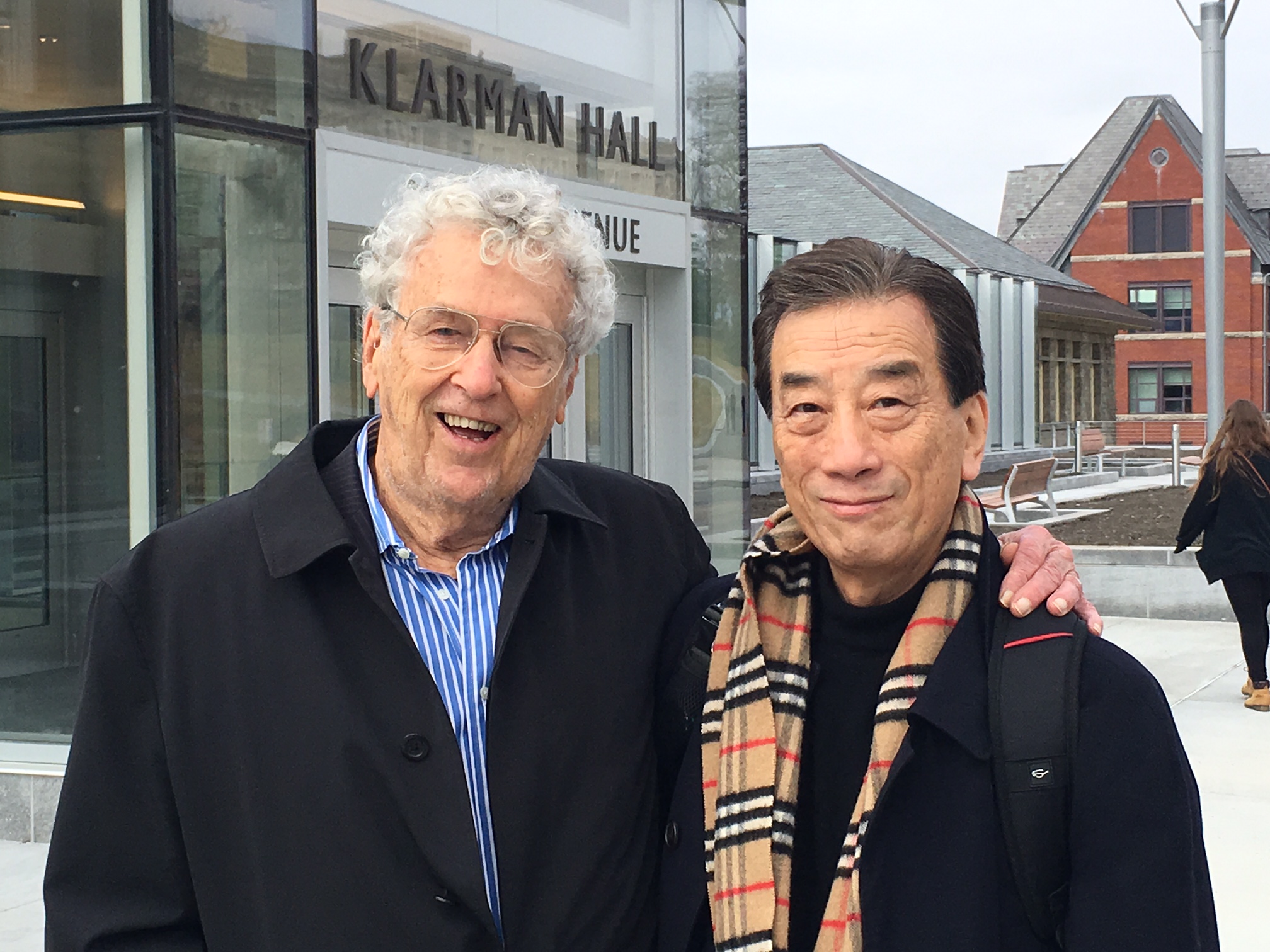Epilogue, ‘Obligation to Dissent’: What We Citizens Should Do Now
Kiyoshi Kurokawa, Chair of the National Diet of Japan Fukushima Nuclear Accident Independent Investigation Commission (NAIIC)
5. The Problem of the Groupthink Mindset
The “groupthink mindset” (Footnote 1) that this book examines is a deep-rooted problem. “Groupthink” is a challenge observed in many countries around the world but it is especially prominent in Japan. For example, when many Japanese people leave university and start working in a company, they believe that they will continue to belong to that organization. In the case of the central government ministries and agencies, if they enter the Ministry of Finance, Ministry of Economy, Trade and Industry, or Ministry of Education, they believe they will stay there or somewhere related for a lifetime. If they start working at TEPCO, they believe they will start and finish their career within TEPCO. The same goes for banks, trading companies and other big corporations. This is simply common sense in Japan.
For this reason, when people introduce themselves, they first say, “I belong to XX Bank,” “XX Ministry,” “XX Prefectural government,” “XX Electric Company,” without anyone blinking an eye. However, it is not the same overseas. Instead of saying, “I belong to XX Bank,” most people abroad would say, “I am a banker,” and the conversation would then go to “What kind of banking?” and “Where do you work now?”.
In Japan, rather than a particular field or sector of work, they define themselves by the organization or company they belong to. A person’s social status depends on the status of the organization and the position within it.
This mindset is perpetuated by elements of the surrounding culture and manifests itself in everyday language. For example, there are many different words that can be used in the Japanese language to mean “I” and “you.” It is important to select the appropriate word for the situation, which signifies the relationship between the two people. In the case of the written word for the masculine form of “I,” different nuances are evoked depending on whether the kanji, hiragana or katakana form is used. Many words are also gendered and used differently by men and women. Furthermore, whether a statement is affirmative or negative is indicated at the end of the sentence (the speaker’s opinion, “I think” or “I do not think” comes at the end of the sentence). Using this sentence structure, it is possible for the speaker to watch the reactions of the person listening and adjust what one says according to the flow of the conversation. Many language experts have pointed out this tendency.
Many books have been written on this subject, such as Chie Nakane’s Japanese Vertically Structured Society (1967) (Footnote 2). This provides the background for understanding the mindset of many Japanese.
The Dynamics of Vertical Society (1978), which was written after Japanese Society, was recently republished as a paperback in 2009. In the afterword, Chie Nakane states, “My reflection upon rereading my humble work after thirty years is that I do not see the purpose of changing or editing what I have written, as this was a book analyzing collective behavior and presenting logical assertions rather than just a description of Japanese society.”
Regarding the effects of the trend of globalization occurring across the world, Nakane states, “Rather than changing the Japanese societal structure per se, I see various areas where a rip occurs and the ventilation has gotten a little better. I welcome this trend and it is likely that more people will be able to assert their own agency. The social structures of groupism existing in Japan have often worked to hold back individual assertiveness. Such structures can be considered to be not only one of the features found in Japan but also the reason why Japan is not adequately living up to the role of a global player on the world stage.”
References:
1. http://en.wikipedia.org/wiki/Groupthink (I felt the Japanese Wikipedia page’s explanation of groupthink fell short and opted to cite the English Wikipedia page instead)
2. Nakane, C. (1967). Japanese Vertically Structured Society (Tate -shakai -no -kozo. Kodansha.
3. Nakane, C. (1978). Dynamics of Vertical Society (Tate -shakai -no -rikigaku), Kodansha.












